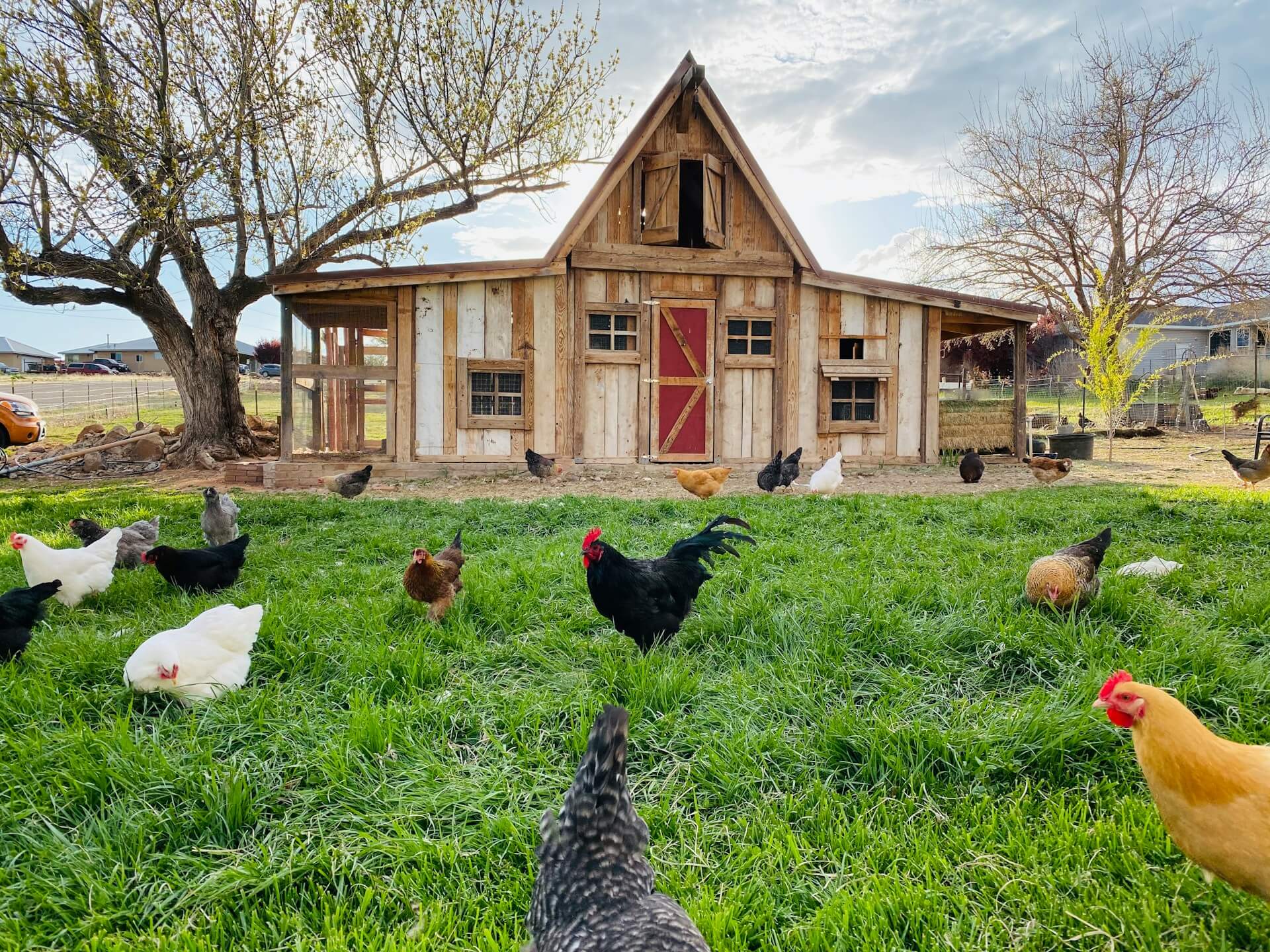What to Prioritize When Setting Up Your First Chicken Coop

Raising chickens is one of the most approachable ways to begin small-scale farming. No matter if you're in it for fresh eggs, pest control, or the simple joy of watching your flock roam, a well-built coop sets the tone for everything that follows. As interest in local food and sustainable living grows, more people are discovering that keeping chickens offers both practical rewards and daily connection to nature.
This isn't a hobby you can get into without some forethought. A successful chicken coop has more than four walls and a roof—it's a carefully planned space that supports your birds' health, habits, and safety. From feeding systems to flooring choices, every decision shapes how smoothly your routine runs and how comfortably your chickens live.
Get Feeding Right From Day One With the Proper Setup
Choose poultry feeders designed to support clean, efficient feeding while keeping food dry and accessible. Size matters—each one should serve all your chickens without crowding. A good design lowers stress, prevents food competition, and encourages consistent routines. Look for models that won't spill easily to help reduce waste and avoid mold buildup.
Where you put the feeders is just as important. Raise them to about the chickens' head height so they don't strain while eating. Keep them away from high-traffic spots to make feeding calmer and more comfortable. Clean and refill the feeders regularly, sticking to a schedule that helps keep your flock healthy.
Design Ventilation to Stop Disease Before It Starts
Fresh air is one of the simplest ways to keep chickens healthy. Well-placed vents let air flow through the coop, drying out moisture and cutting down on bacteria and mold. Ammonia from droppings builds up fast in still air and can irritate lungs, leading to illness. Good ventilation clears that out before it becomes a problem.
Adjustable vents help you respond to changing seasons, keeping the coop cool in summer and dry in winter. Check the temperature and humidity now and then—small tweaks can make a big difference in keeping your birds comfortable and breathing easy.
Build the Floor to Keep Rodents and Rot Away
The floor of your coop directly affects cleanliness and ease of care. Raised wooden floors or concrete slabs are solid choices. These materials last a long time, stand up to different weather, and don't hold on to moisture—key for avoiding rot. Properly treated wood adds warmth and is easy to clean. Concrete is even better at keeping rodents out since it's harder for pests to dig through.
Dirt floors can bring problems like bacteria and unwanted critters. They make it harder to keep the coop clean. Stick with materials that help you stay on top of hygiene and that hold up over time. Check the floor regularly for damage to keep the space safe and clean for your flock.
Secure the Coop With Predators in Mind Not Just Aesthetics
Looking good isn't enough—your coop needs to be strong and safe. Using tough materials like welded wire creates a strong barrier against predators. This kind of wire doesn't wear out easily and stops wildlife from getting in. Reinforcing the structure with sturdy frames adds another layer of protection.
Using aprons (flat wire extensions) around the coop base helps stop animals from digging under the walls. Strong locks also play a big part in keeping intruders out. Check your locks and structure often to keep your coop secure, so you can relax knowing your chickens are safe.
Set Up Lighting and Nesting Boxes With Egg Production in Mind
Hens lay more consistently when they have quiet, comfortable nesting spaces. Aim for one nesting box per three or four hens to prevent crowding and pecking. Place the boxes in low-traffic corners of the coop, away from noise and bright light. Fill them with soft bedding like straw or wood shavings to encourage laying and make cleanup easier.
Lighting plays a direct role in egg production. Chickens need about 14-16 hours of light daily to stay on a regular laying cycle. Use a programmable timer to mimic natural daylight patterns, gradually increasing light in the darker months. Dimmable LED bulbs work well and give you seasonal control without sudden shifts that can stress the flock.
Raising chickens becomes far more manageable—and enjoyable—when the coop is built with purpose. Focus on the elements that matter most: feeders that limit waste, ventilation that keeps air clean, flooring that stays dry, and barriers that keep predators out. Add thoughtful lighting and quiet nesting spaces to support steady egg production. A simple, well-organized setup reduces stress for both you and your flock. Avoid overcomplicating the process. Instead, create a space that's easy to maintain and centered on the needs of your birds. With steady care and a smart layout, your coop will support a healthy, productive flock.
Published 5/16/25